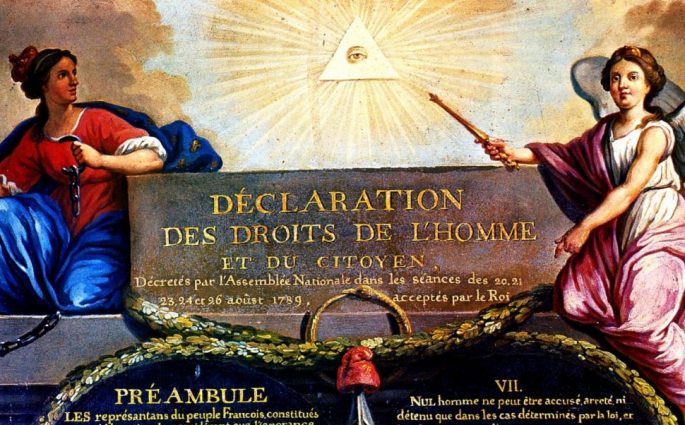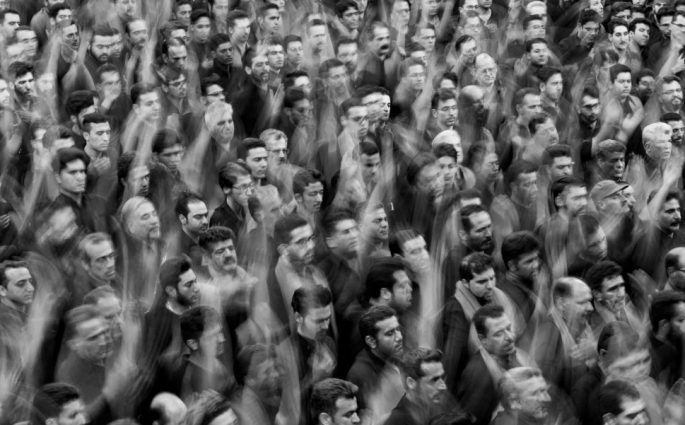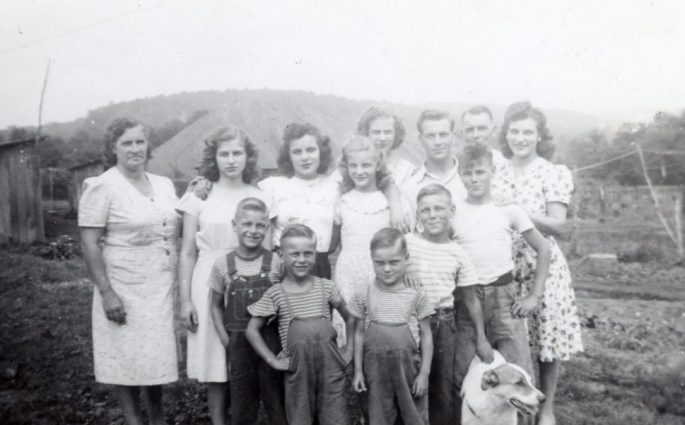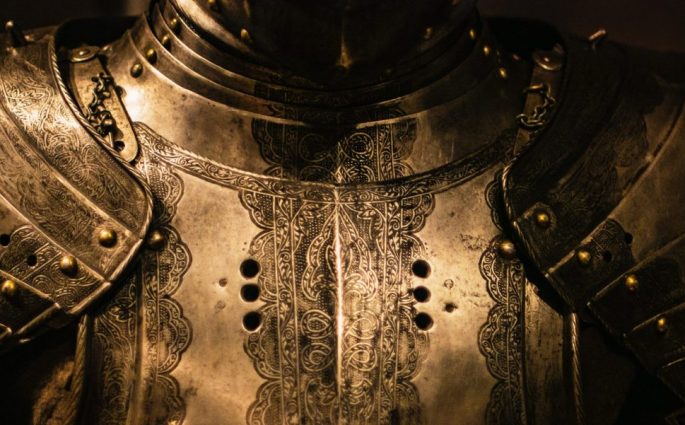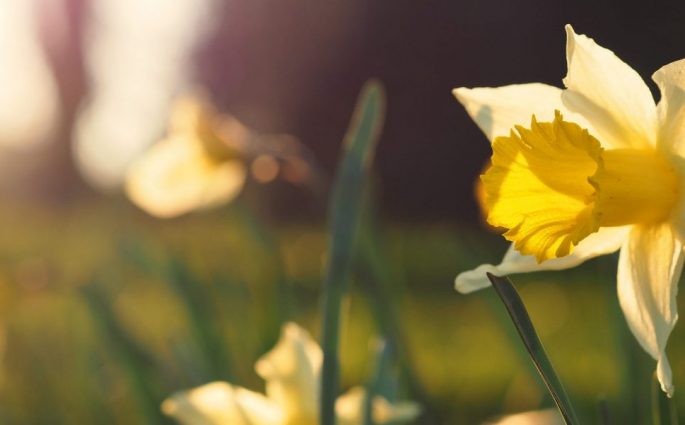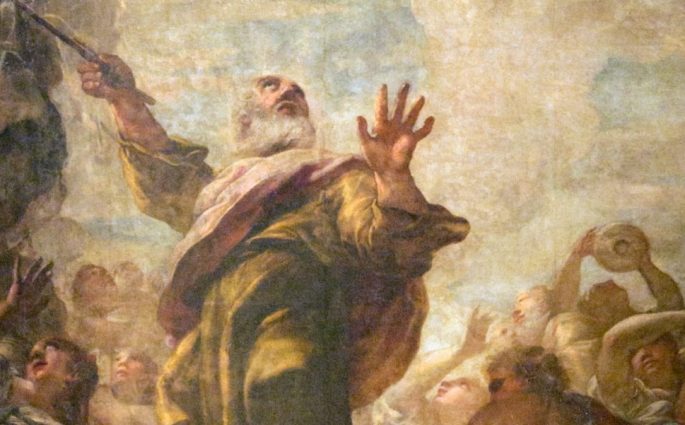Revolutionary or Impostor . . . Who Was Ahmed Khan?
Ian Coller— O Lydian lord of many nations, foolish Croesus,Wish not to hear the longed-for voice within your palace,Even your son’s voice: better for you were it otherwise;For his first word will he speak on a day of sorrow.—Herodotus A Lydian prince, born mute, miraculously acquires the power of speech

